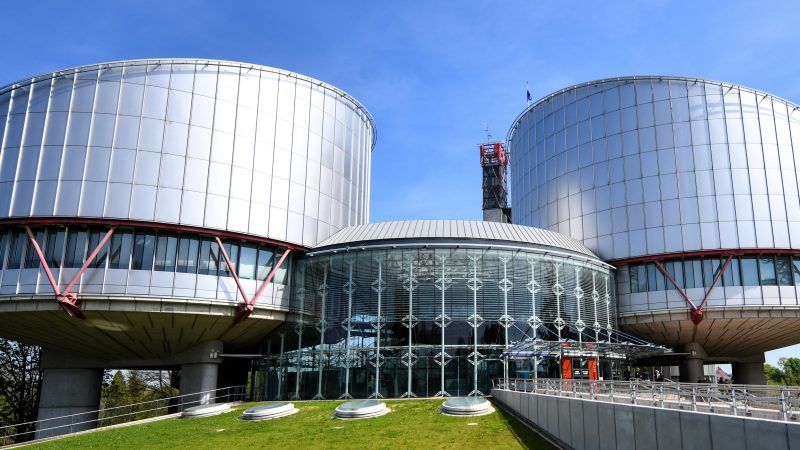ECHR rules multiple violations of European Convention in Georgia vs Russia case
The Strasbourg-based European Court of Human Rights (ECHR) published its judgement in the case of Georgia vs Russia, having ruled multiple violations of the European Convention concerning the human rights toll caused by the hardening of boundary lines after the 2008 conflict.
The ECHR unanimously said it determined violations of Articles 2 (right to life), 3 (prohibition of inhuman or degrading treatment), 5 § 1 (right to liberty and security) and 8 (right to respect for private and family life), Articles 1 (protection of property) and 2 (right to education) of Protocol No. 1 and Article 2 of Protocol No. 4 (freedom of movement) of the European Convention on Human Rights.
The judgement reads that “the armed conflict between Georgia and Russia in August 2008 led to a process, which started in 2009 and is known as ‘borderisation’, blocking people from crossing the administrative boundary lines freely between Georgian-controlled territory and the Russian-backed breakaway Georgian regions of Abkhazia and South Ossetia. The situation has been referred to as ‘one of the most painful legacies of the August 2008 Georgia-Russia conflict.”
The Court said that the Georgian Government alleged in particular that people had been killed while trying to enter or exit Abkhazia or South Ossetia, while others had been arrested, detained and/or ill-treated for “illegally crossing” the administrative boundary lines. People had been deprived of land, which they used for farming, families had been separated and children had been forced to choose between learning in Russian or making long and perilous journeys to Georgian-controlled territory to attend school.
The Court found that it had sufficient evidence, in particular lists of victims, testimonies, media reports and international material, to “conclude beyond reasonable doubt that the incidents alleged were not isolated and were sufficiently numerous and interconnected to amount to a pattern or system of violations. Moreover, the apparent lack of an effective investigation into the incidents and the general application of the measures to all people concerned proved that such practices had been officially tolerated by the Russian authorities.”

